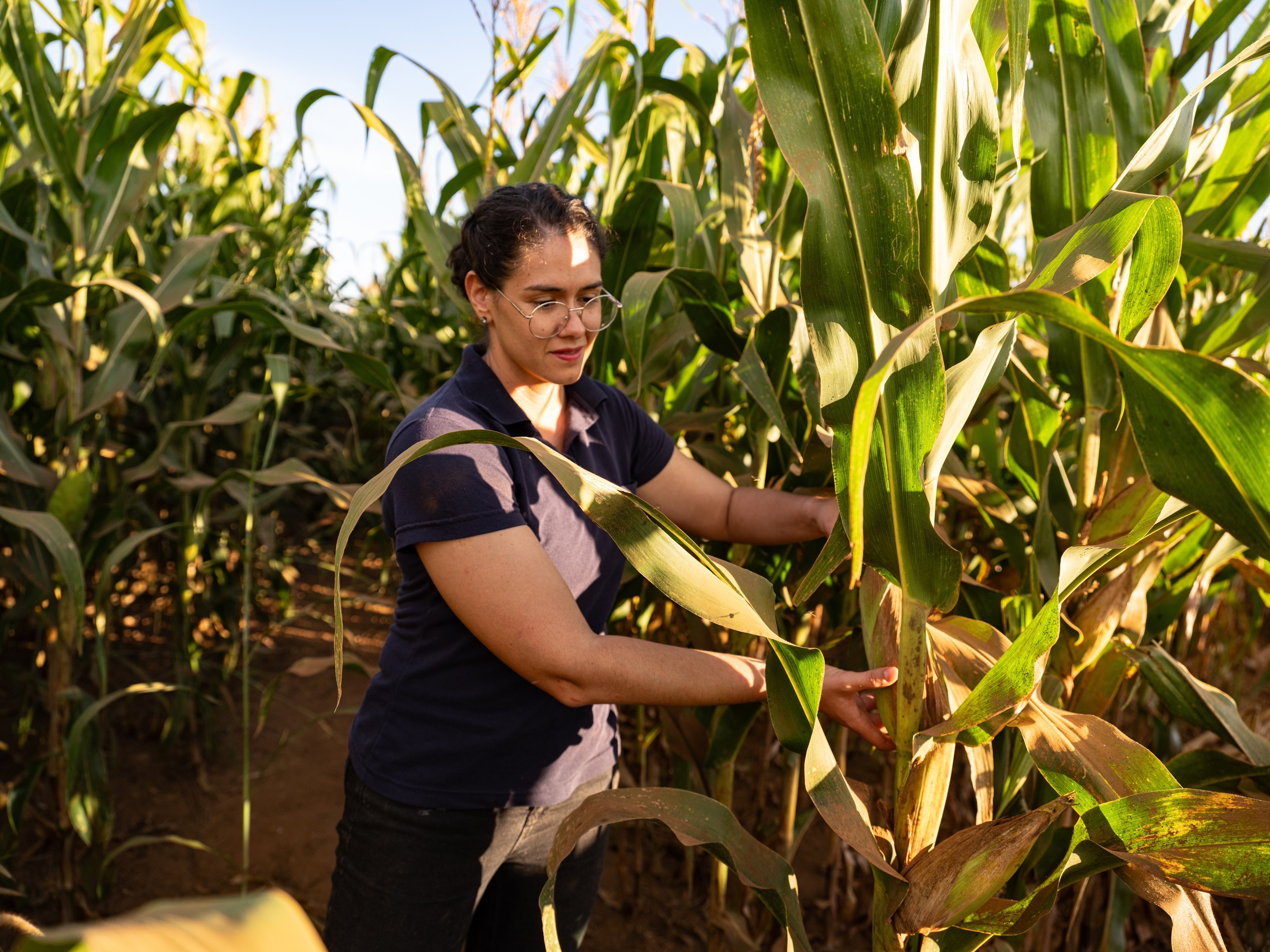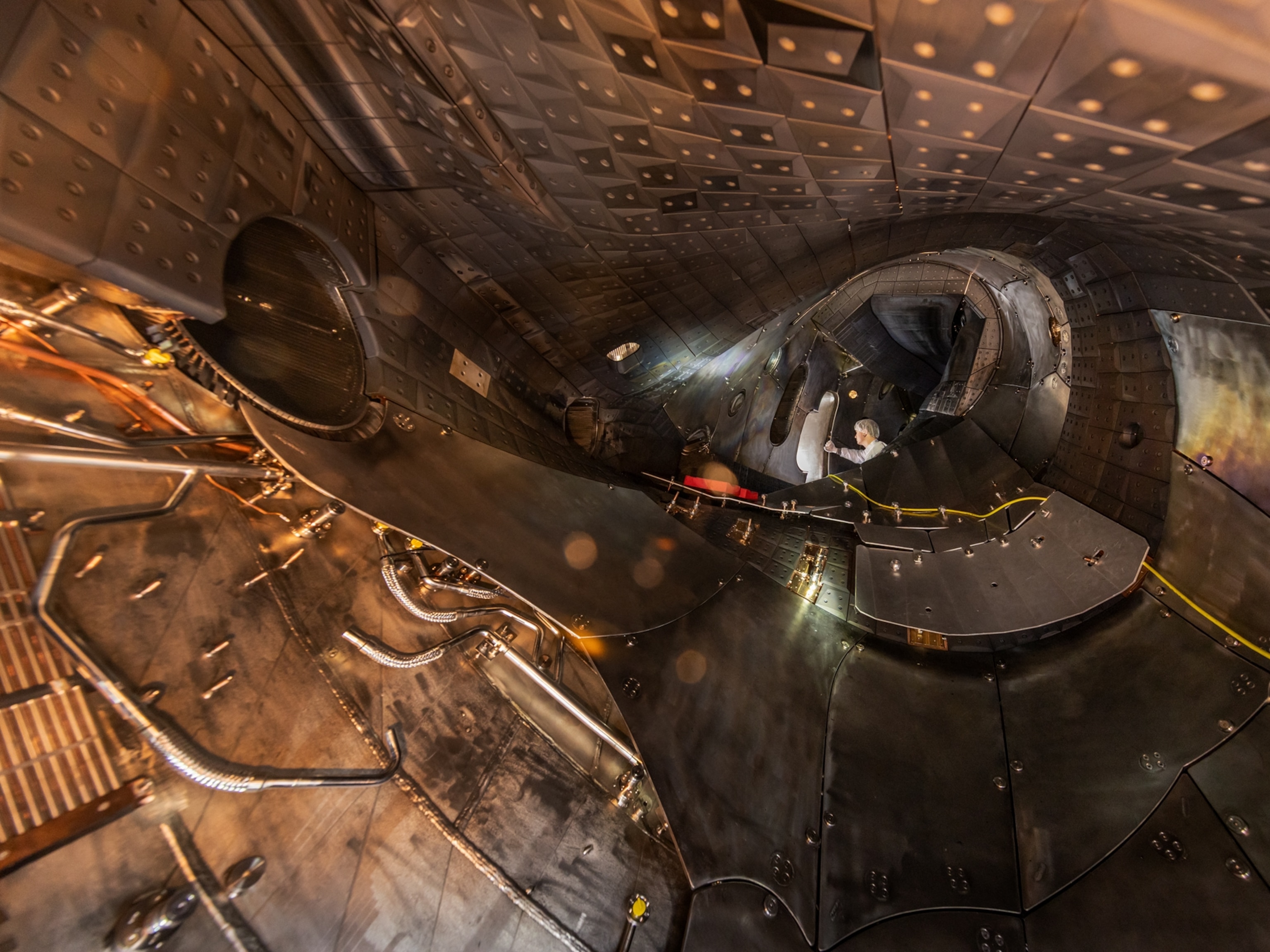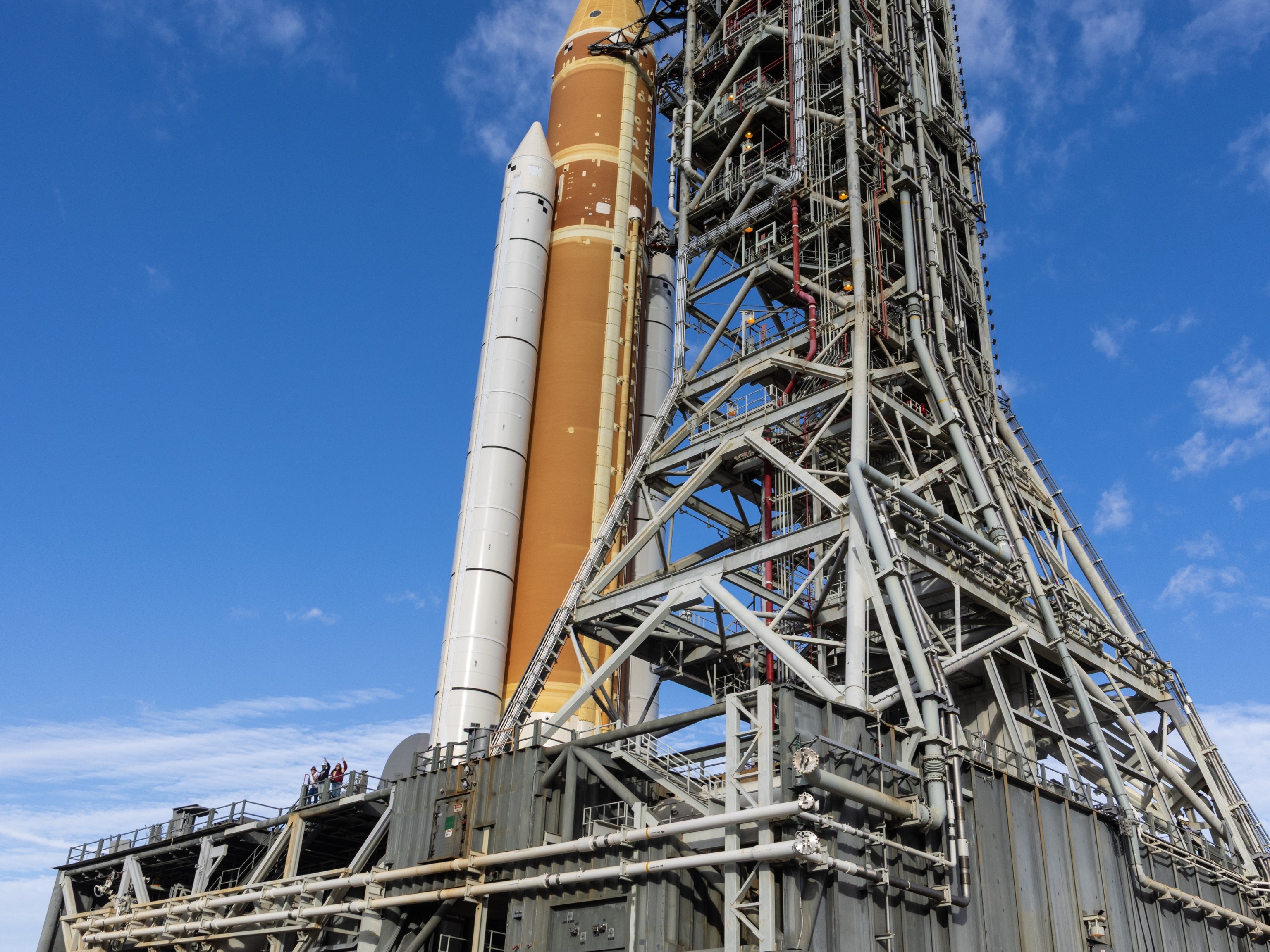The Dow initiative, Recycling for a Change, is transforming an underdeveloped, yet crucial, link in Brazil’s waste management chain—waste picker cooperatives. Testing the program’s merits in Brazil’s largest waste producer, São Paulo, has produced rapid improvements in productivity, income, and social impact value for workers and communities.
For years we’ve been looking for this kind of model—more efficient production, better management, and bigger incomes.Jair do Amaral, President, Cooperative Crescer
A mother whose paycheck solely supports her family of five. A homeless man reporting to his very first job. A newly released prisoner ready for a chance to rebuild. Recycling for a Change wants to change their lives—and the future of waste management in Brazil.

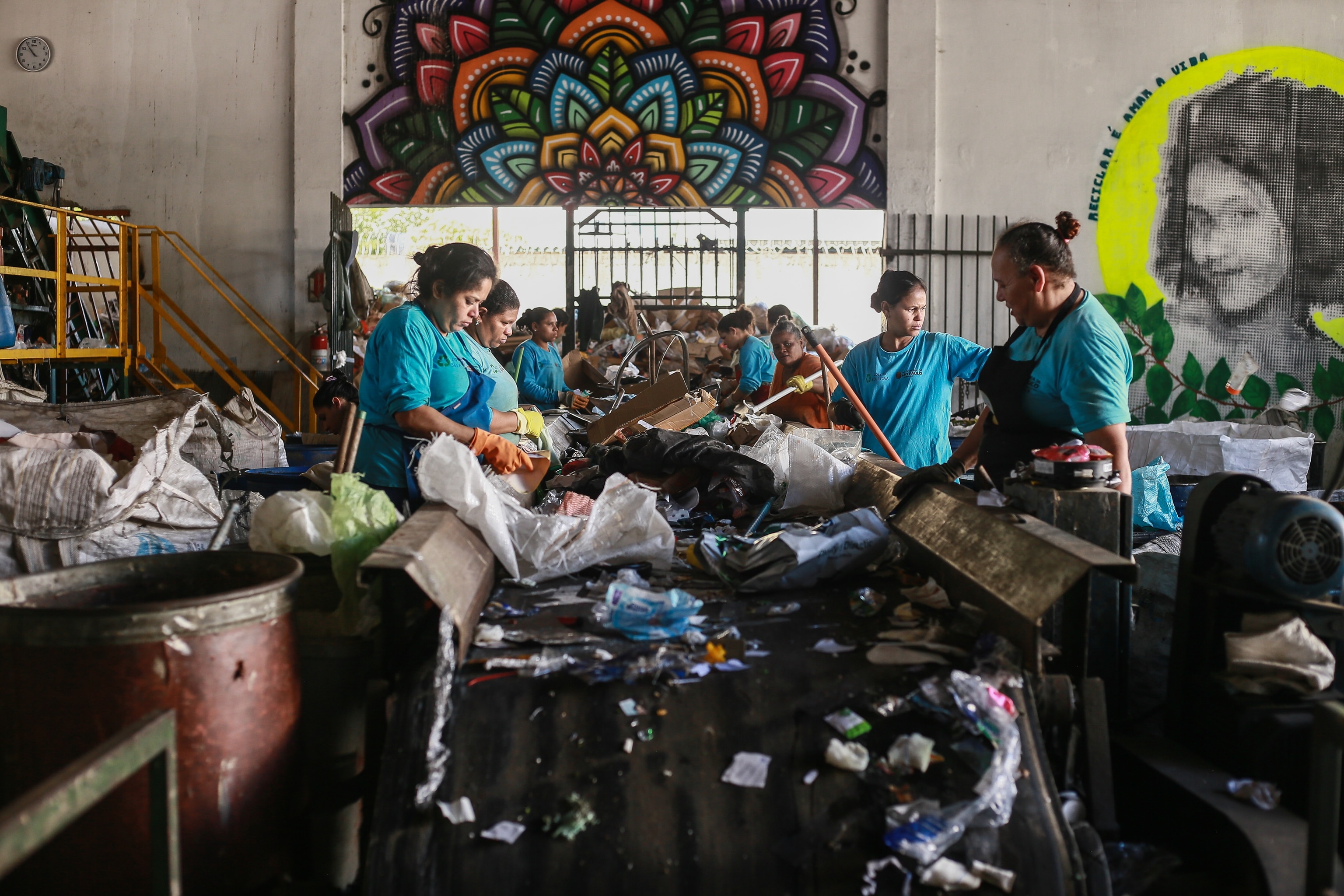
In every Brazilian municipality, waste picker cooperatives are responsible for sorting trash and selling it to recycling companies. All profits from those sales are equally divided among cooperative workers. As cooperatives succeed or fail, so do workers, families, and communities.
Funded by Dow, Recycling for a Change brings improved training, equipment, administration, and professionalism to cooperatives and workers.
Within months, productivity climbed to 70%, sales increased by up to 50%, and average monthly salaries rose from R$700 to R$2,000.
The five cooperatives selected to test the program employ 214 workers but touch at least 450 more dependent family members. As cooperatives professionalize, workers experience a new sense of dignity and pride in the role they play within the larger waste management chain. Armed with this new mindset, they view their job as a career with real social value.
I no longer see myself as a waste picker. I’m an environmental agent.Telines Basilio, President, Coopercaps Cooperative
Dow’s support enables two key partners to activate the program. The startup Boomera focuses on improving infrastructure, process, and waste management training. Before introducing any changes or optimizations, operations are carefully evaluated. Instead of one-size-fits-all solutions, new equipment and processes are designed to overcome each location’s specific problems. Results are then measured and honed to maximize progress.
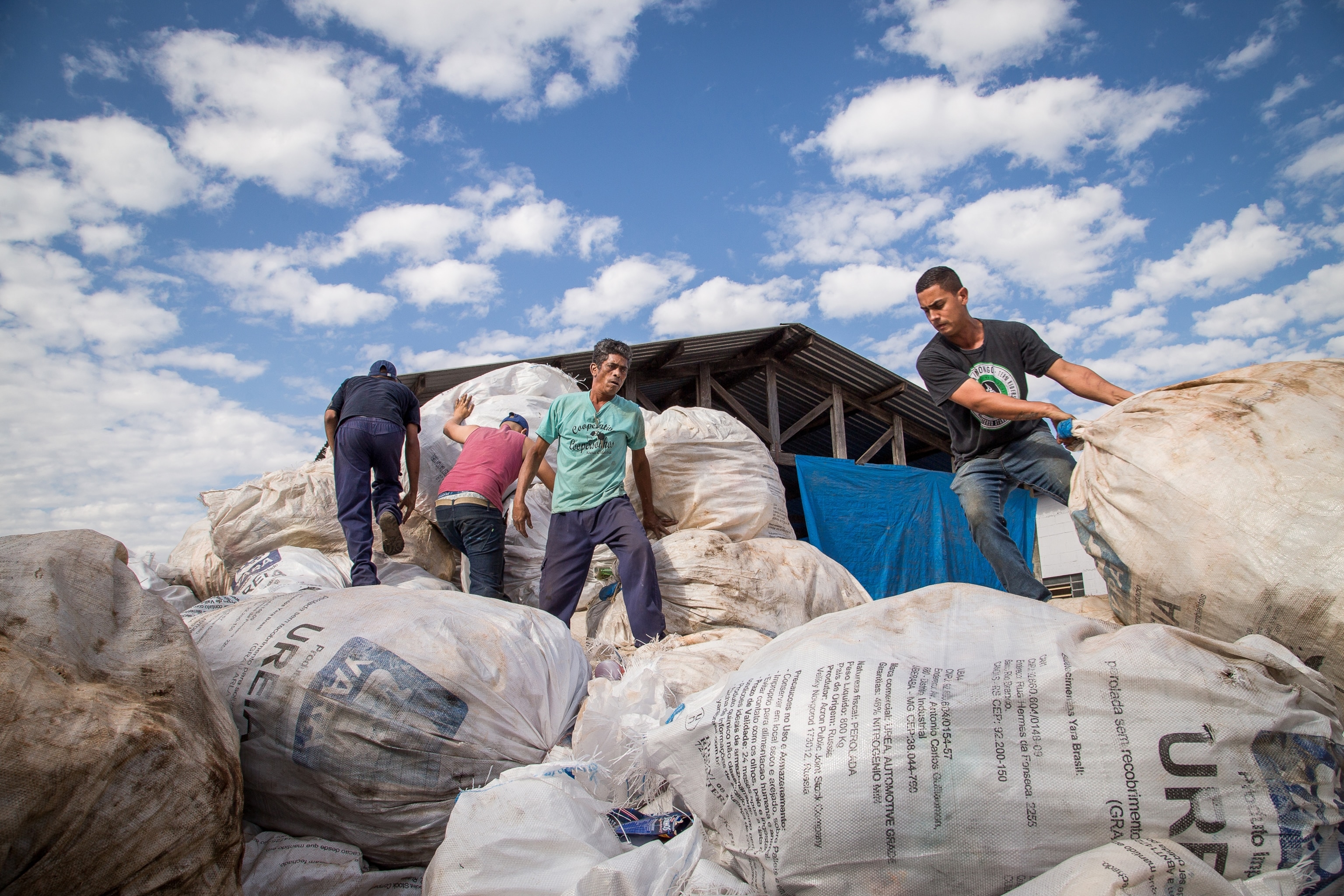
The NGO Fundación Avina is responsible for developing people, improving administration, and managing projects and budgets. Their ‘inclusive recycling’ approach emphasizes waste management’s human element and social impact. Dow is sharing its expertise in health and sanitation to improve working conditions and safety.
The initiative also creates a better-quality supply for production of post-consumer resin. This provides a new, bigger sales stream for cooperatives and connects to a circular economy model in which plastic waste is recycled and reused, over and over, never reaching the environment.
I’ve felt so many improvements within ourselves, our relationships, and the way we’re organized.Thais Rodrigues, Manager, Cooperative Crescer
Leaders note that workers themselves are the true key to success. How do they feel about the new gains? “For the first time I see waste as something of real value.” “I’m making my city and my family more sustainable."
Leaders agree that while initial results are remarkable, potential for much more lies ahead. As new equipment and processes are fully implemented, production could double. Ultimately, the program aims to perfect the prototype and create an open-source model that can be replicated at other cooperatives in Brazil and across Latin America. They call São Paulo just the first “nudge” that will unlock the full potential of workers, cooperatives, and communities.
To learn more about these initiatives, go to dont-waste.dow.com
